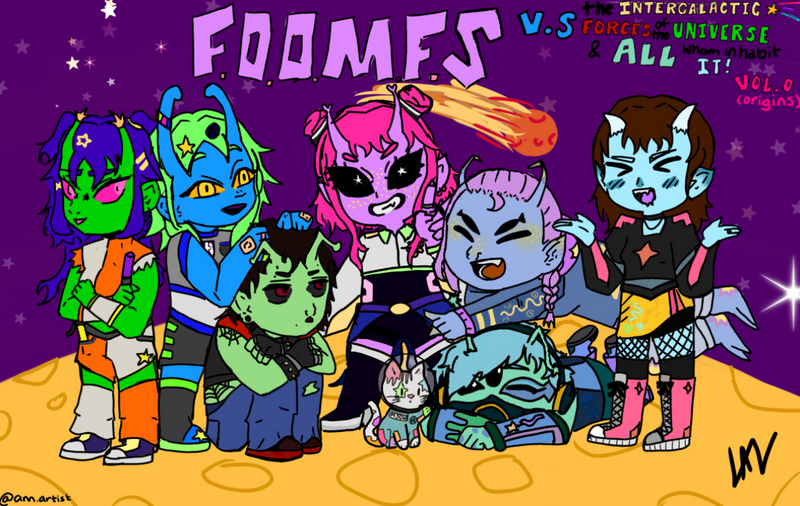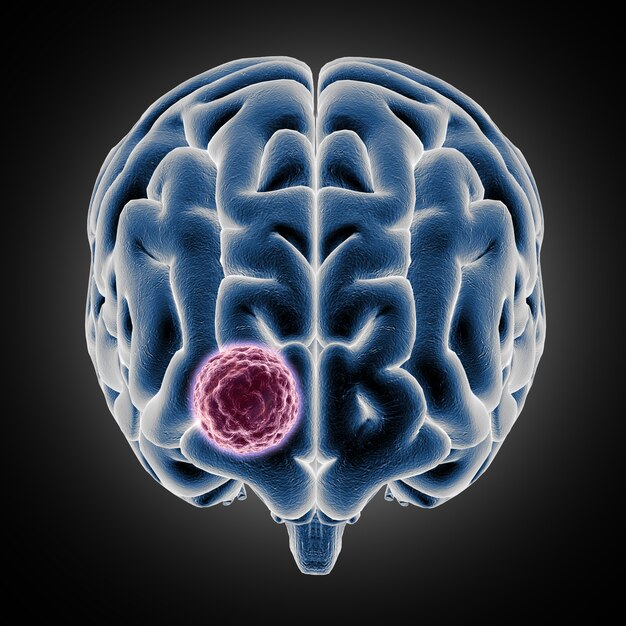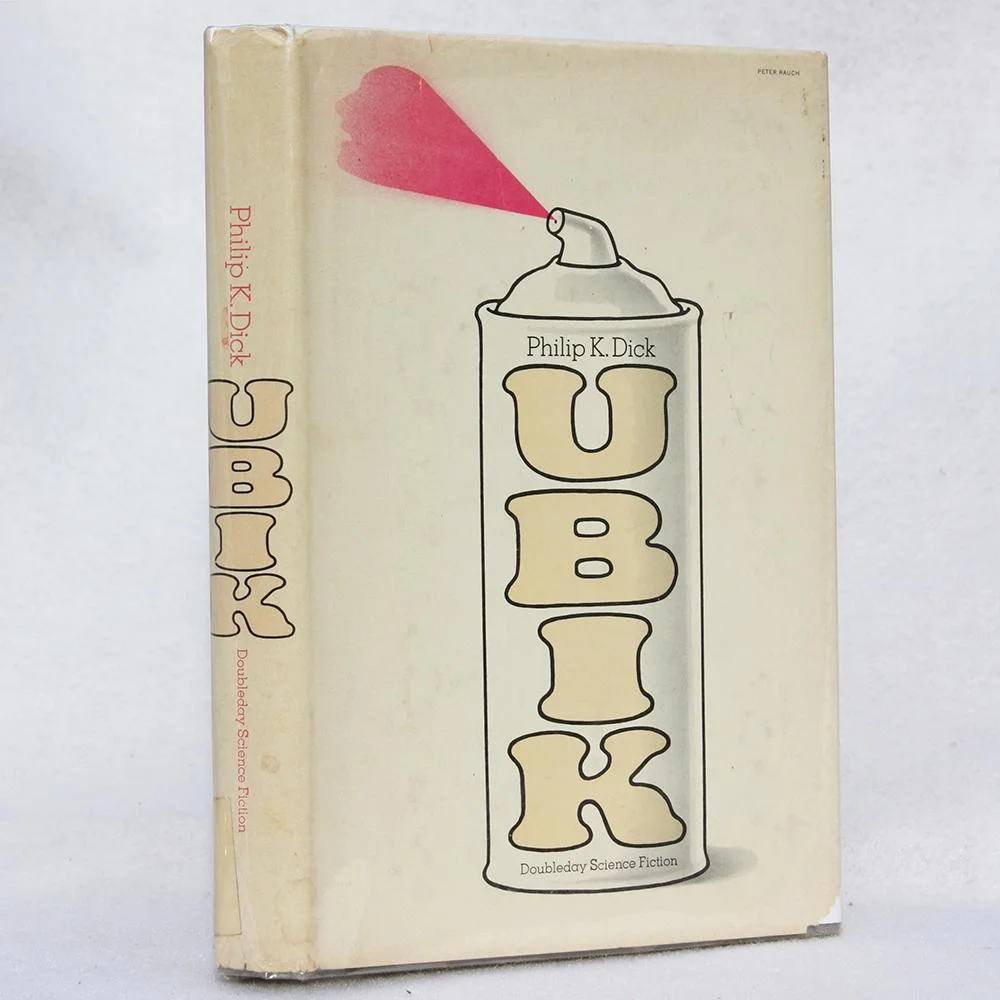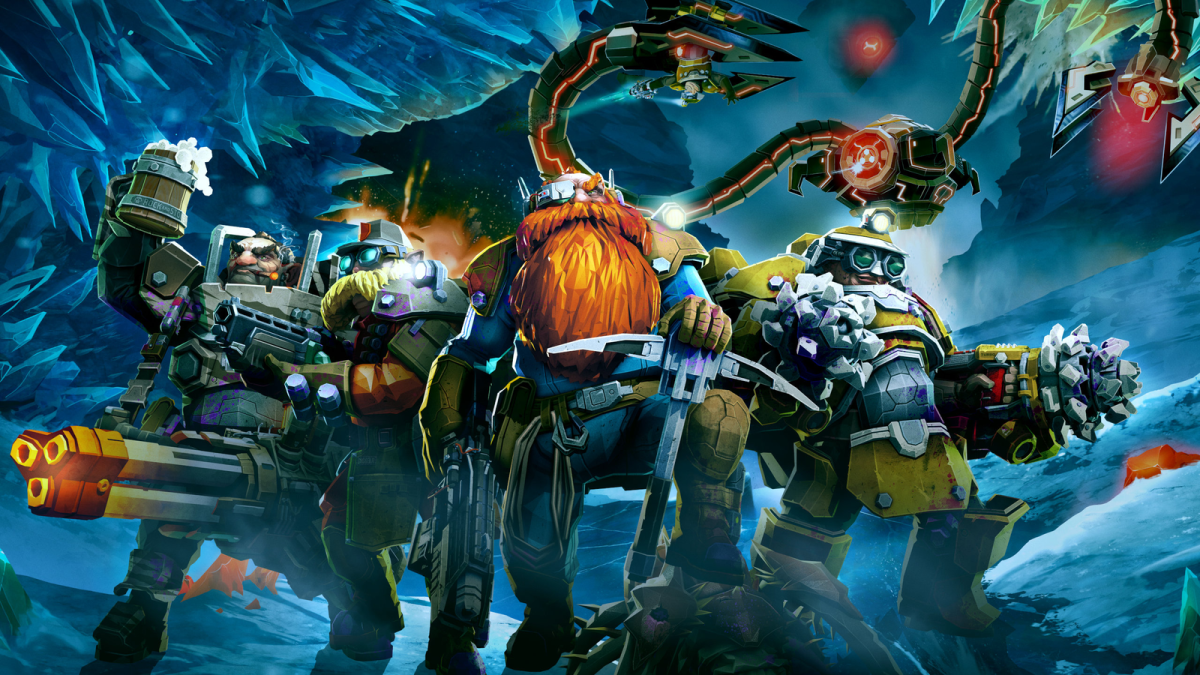“Ubik” is the only book that I can say truly broke my brain. Even years after finishing it, I still cannot make heads or tails of it. For many, this may be a huge drawback, even grounds for passing the book over on the shelf. For me, however–I find it to be the mark of a really stellar piece of literature.
“Ubik” is a science fiction novel published in 1969 by author Philip K. Dick, most famous for writing the book that inspired the movie “Blade Runner” titled “Do Androids Dream of Electric Sheep?” And while “Do Androids Dream of Electric Sheep?” was successfully adapted into a motion picture in 1982, the same cannot be said of “Ubik” despite numerous attempts from many filmmakers over the years. Once we examine the book’s contents, however, the reason behind all of the unsuccessful attempts becomes clear.
Ubik takes place in the future–that is, 1992–and features a hyper developed world where corporate psychological warfare is the central means of business acquisitions. Organized teams of “psis”–those who control psychic powers–are hired to manipulate and overtake rival corporations. Glen Runciter, on the other hand, runs a company providing anti-psi services as a defense against the invading psychics. Joe Chip is a technician who works for Runciter’s company, Runciter Associates, and accompanies Runciter and his team of anti-psis to a lunar colony for a job where they are thrown into a warped, time-regressing reality with seemingly no way out. There’s a lot more I could say about the plot, at least the concrete details that aren’t up for debate by readers, but this is the gist of the story in its least-confusing form.
To start, one of my favorite parts of the book is Dick’s worldbuilding. So many science fiction books and movies follow the same general formula for how advanced the technology will be, how the characters dress and behave, and how much of an apocalypse society will descend into. With “Ubik,” Dick was particularly ahead of the game as he anticipated the rise of devices such as FaceTime and video call services with his “vidphone” systems in the novel. He also made the very interesting choice of having all of the characters in the future wear totally absurd, gender non-conforming clothing items. I really appreciated how he was able to synthesize revolutionary new technology along with idiosyncratic clothing along with the sort of mystic, difficult-to-scientifically-analyze magic of the corporate psychics. Absolutely only something that he could do.
Another thing I really liked was the nonlinear storytelling and use of “flashbacks.” In between each chapter, Dick features a bizarre advertisement for the product Ubik, each time employing a different advertising technique for a different form of Ubik. When Ubik’s use is revealed towards the end of the book, the promotional, consumerist nature of its sale becomes sort of confusing. Why is Ubik being sold as a sleazy As Seen on TV junk item? This is something for the reader to uncover in their experience with the book.
One last thing that I really enjoyed “Ubik” was the lack of any sort of closure or explanation with the novel’s events. Dick’s prose is very descriptive and fun to read, but he only gives the reader enough information to be able to process the routine happenings of the book. The ending, as well as the book’s themes and meaning, is up to the reader to determine for themselves. That being said, I think the drives behind the book become clear upon a closer reading. Consumerism and corporate capitalism is at the heart of Dick’s criticism in “Ubik,” particularly clear through his aforementioned Ubik advertisements and the plot’s driving force of corporate raiding and a hypercapitalist future.
I would say that if one enjoys great science fiction and is in for a total head-scratcher, pick up a copy of “Ubik” and read it in a day. You won’t regret it.



































